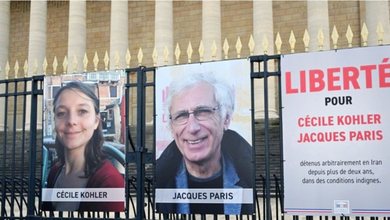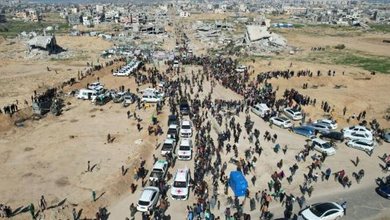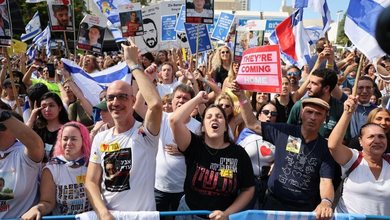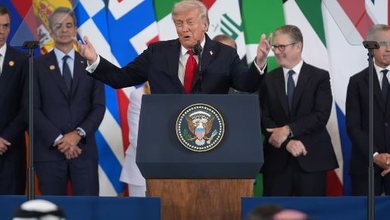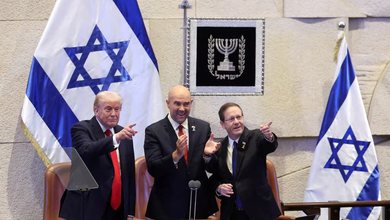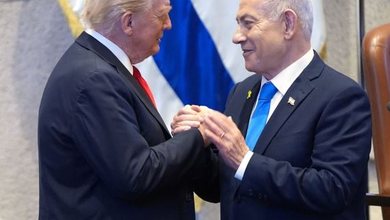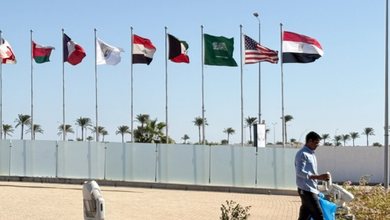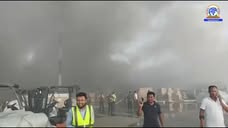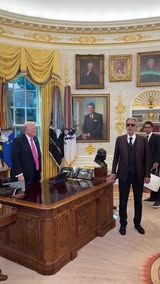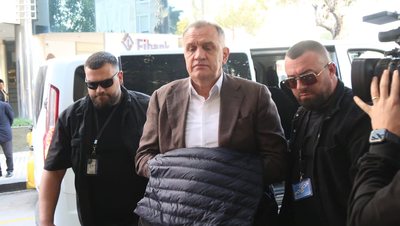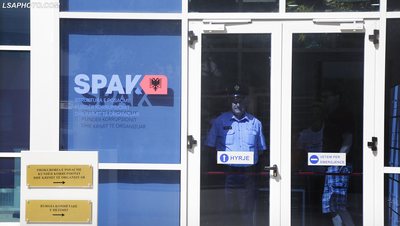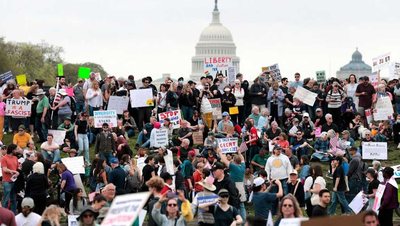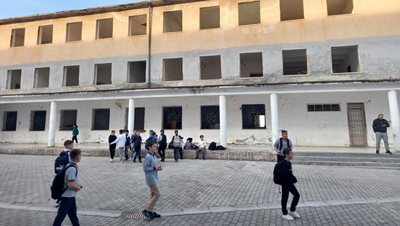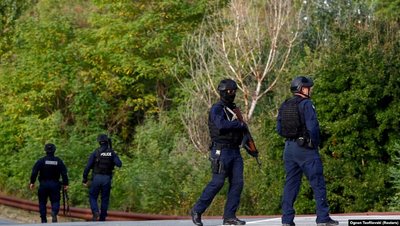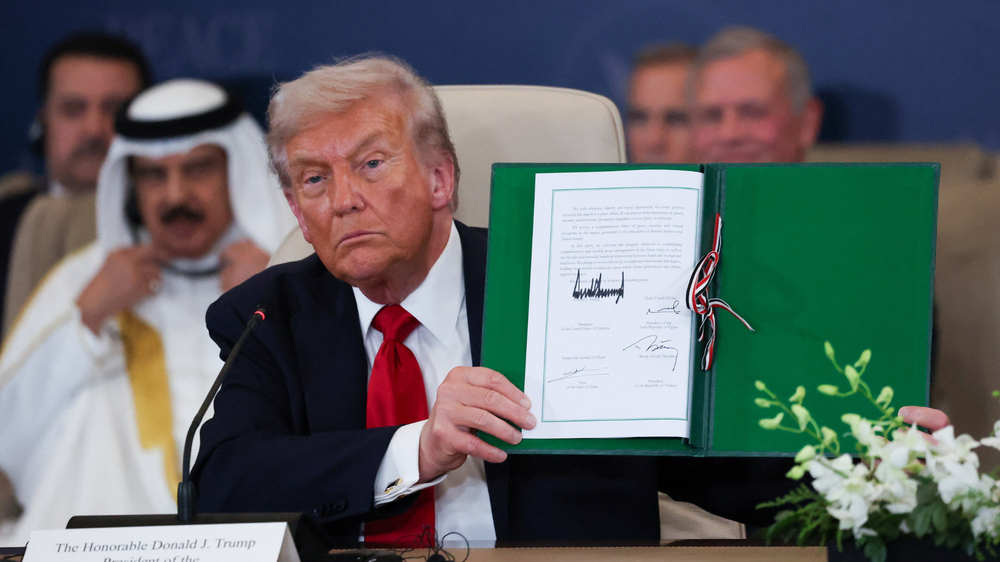
In a strong statement from the White House, US President Donald Trump said that his demand for Hamas to disarm must be met and that, if not, “we will disarm them”, adding that this could happen “quickly and perhaps violently”. His words were made during a meeting with Argentine President Javier Miel and, according to official sources, Trump claimed that communication with the militant group had been done “through my people” at high levels. The US President’s statement comes at a very sensitive moment, immediately after the first phase of a brokered agreement aimed at the exchange and return of hostages.
These political and military comments have direct humanitarian consequences. Israeli officials announced that they would not open the Rafah crossing between Gaza and Egypt on Thursday, as foreseen in the agreement, after Hamas did not hand over all the archives of the deceased that were part of the hostage exchange agreement. Tel Aviv's decision also warns of restrictions on the flow of humanitarian aid from other border points, putting at immediate risk the supply of food, medicine and aid to thousands of vulnerable civilians in the Gaza Strip.
International aid organizations warn that the process of recovering the bodies of the slain hostages will take time. The International Committee of the Red Cross (ICRC) said that recovering and handing over the bodies is a “massive challenge” due to the extensive destruction and rubble in the areas, and that it will take weeks, perhaps longer, to find and identify all the dead. So far, only a few coffins have been handed over — the ICRC has reportedly received four coffins — while dozens more remain unidentified in the rubble. The situation highlights the urgent need for safe and uninterrupted access to the affected areas, so that families can bury their loved ones and receive confirmation of their fate.
Meanwhile, tensions and acts of violence have not ceased. Israeli forces are reported to have opened fire in several incidents on Palestinians approaching the withdrawal lines, leading to reports of at least six Palestinian casualties on Tuesday. On the other hand, inside Gaza there are reports of public executions and authoritarian stances taken by local structures, while the civilian population continues to suffer the most severe consequences of the conflict. The daily confrontation of civilians — women, children and the elderly — with the lack of drinking water, medicines and emergency medical care makes any interruption in the supply of aid lethal for many families.
For Gazans, the situation is a humanitarian crisis that demands absolute priority over political calculations. The blockade of Rafah and the reduction in the amount of aid risk escalating into a social catastrophe: emergency health care is running out, food supplies are scarce, and hospitals — already battered by bombardment — are operating at minimum capacity. Officials from most international humanitarian organizations have called for open roads, safe convoys, and expedited access for aid, stressing that politics must be subordinated to the urgency of saving human lives.


